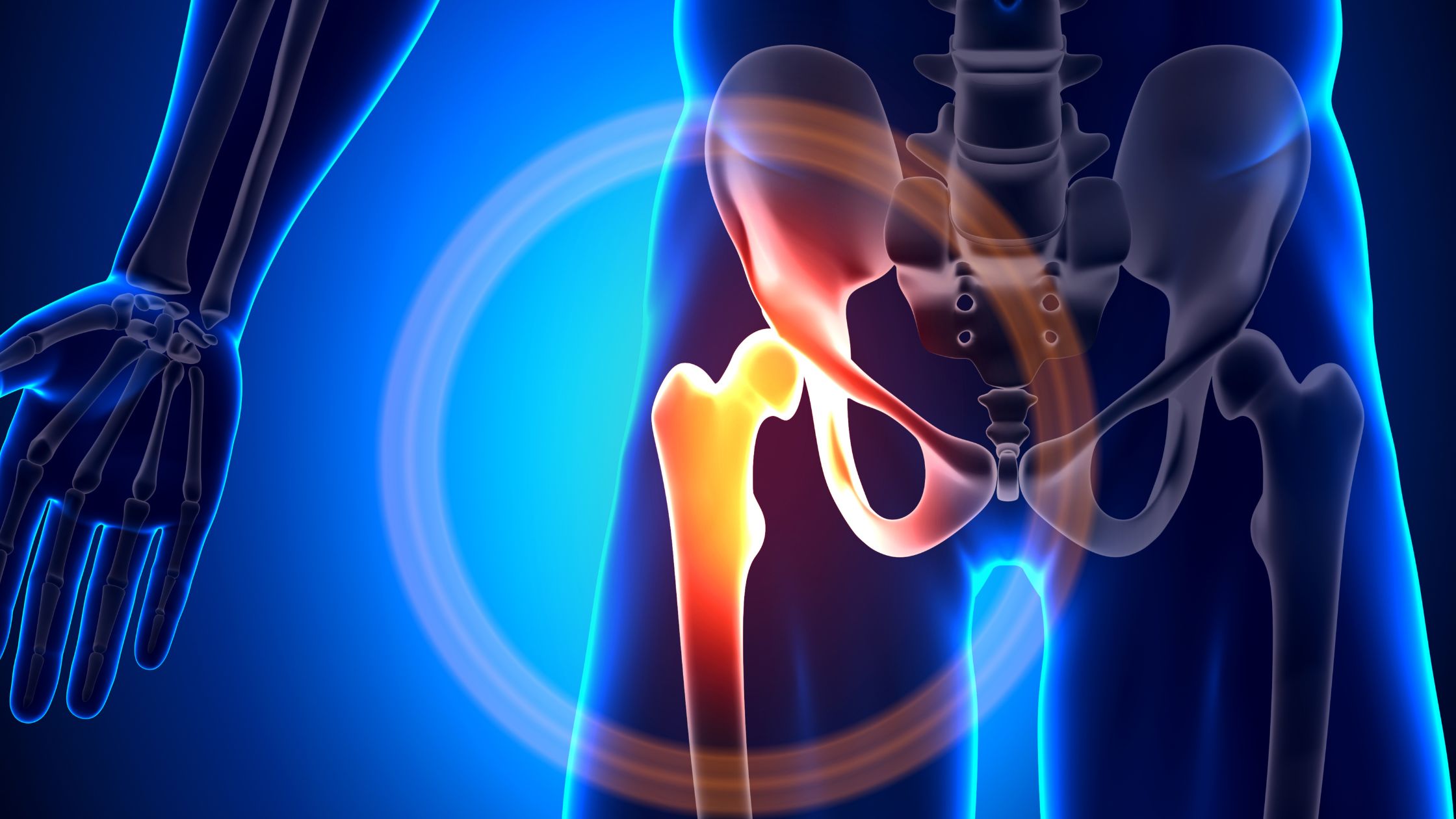The following hip pain assessment can help to evaluate your situation and consider whether a consultation with Mr David Stitson might be beneficial.

Is Hip Replacement Surgery Appropriate For Your Hip Pain?
It is essential to discuss all your options with Mr Stitson, who can guide you through the treatment process and advise on how you can achieve the best possible outcome.
Hip Replacement Suitability FAQs
Q: Where do you feel the pain if you need a knee replacement?
A: It’s not necessarily a case of where you experience knee pain but more the frequency. If your knee pain is constant and is affecting your daily life, it could be a sign you need a knee replacement. It’s also possible to experience referred pain in the hip or ankle.
Q: How bad does my knee have to be before a replacement?
A: If you need knee replacement surgery, your knee pain is likely to be persistent and chronic. It will likely disrupt your sleep, your daily activities, and won’t respond to over-the-counter pain medications. In order to relieve pain, knee replacement surgery may be recommended by your doctor.
Q: What is the most common indication for knee surgery?
A: There isn’t just one indication however, the main indicators include:
- Constant pain
- Swelling and inflammation
- Knee stiffness
- Ineffectiveness of painkillers
- Changes to your knee’s appearance
Q: How long will it take to fully recover from knee surgery?
A: Recovery time varies but generally ranges from 6 weeks to 3 or 4 months, depending on the individual and the extent of the surgery.
Q: How do I know if my knee is deteriorating?
A: If you are suffering from any of the following symptoms, it is important to seek specialist advice:
- You struggle to climb stairs and do everyday chores
- You struggle to sleep
- Your knee is swollen and inflamed
- Pain medication is no longer effective
- You’re experiencing persistent, chronic pain.

About Mr Stitson
David Stitson is a Plymouth-based Consultant Trauma and Orthopaedic Surgeon. Trained both in the UK and internationally, he has worked in medicine for more than 20 years for the NHS, for the Royal Air Force and in private practice. Mr Stitson operates privately at the Nuffield Health Hospital, Plymouth.

The Nuffield Plymouth CQC Rating
The Nuffield Hospital has a history that spans over half a century and has built a reputation for high standards of care, professionalism and expertise in delivering health services. They aim for continuous quality improvement in everything they do.
Active Quality and Governance programmes are in place at the Nuffield Hospital Plymouth. As part of this, the hospital is inspected by independent healthcare regulators to ensure it meets the fundamental standards of quality and safety as determined by the regulating body (CQC).
In the most recent inspection, Plymouth Nuffield Hospital was rated as ‘Good’ overall, however, the surgical element of the inspection was rated as ‘Outstanding’. The hospital was referred to as:
“Outstanding in effective and caring, and
Good in safe, responsive and well-led.”
